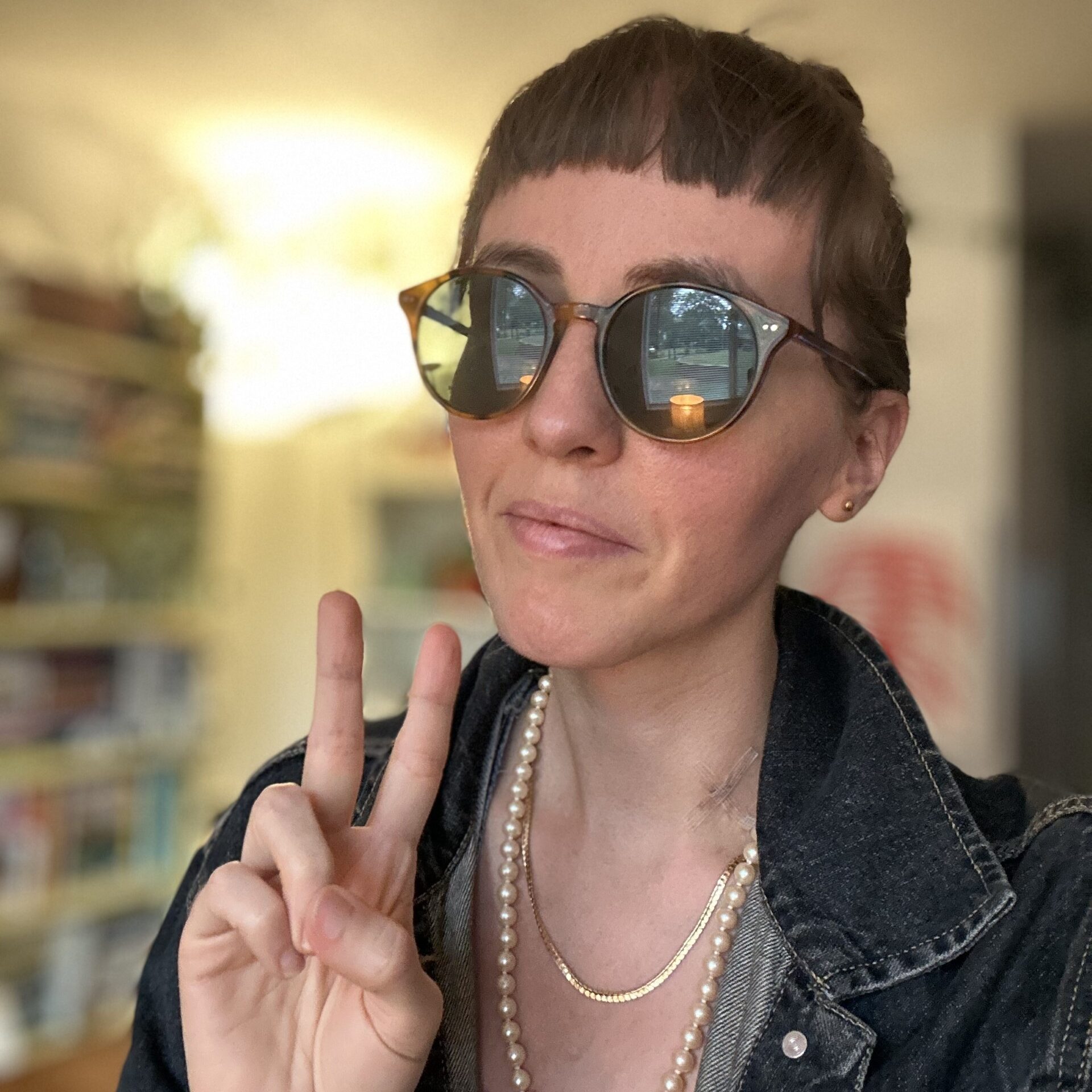
My dignity isn’t based on the numbers in my bank account or the limitations my conditions place on my body. I am worthy of honor and respect because I am human, just like you.
Lydia Cruz lives in Colorado’s 8th Congressional District where Medicaid covers nearly one in three people. Living with hypermobile Ehlers-Danlos syndrome, a genetic connective tissue disorder that affects her joints, digestive tract, and vascular systems, Lydia faces complex and chronic health issues every single day.
She currently receives coverage through both Medicare and Medicaid as part of the Social Security Disability Program. But before her disability status was approved, Lydia spent two and a half years covered only by Medicaid while unable to work. During that time, Medicaid provided critical access to care. “Had the current proposed work requirements been in effect during this period, I would not have been able to receive the critical physical therapy treatment that I needed,” Lydia said. “Furthermore, if Medicaid expansion had been cut…I also would not have been eligible for coverage while I waited for my determination.”
Without that coverage, Lydia’s health would have deteriorated even further. “Imagine having partially dislocated joints, something that routinely, sometimes daily, happens for many who have hypermobile Ehlers-Danlos syndrome and not having access to providers who can safely manipulate those joints back into place,” she said. “It is not a wild extrapolation to say that I would be largely bedridden, using an electric wheelchair for mobility, and unable to live on my own.”
Now that she has both Medicare and Medicaid, Lydia still depends on Medicaid to cover 20 percent of many of her medical costs—costs she would otherwise be unable to afford. Between December 2023 and July 2024, she underwent three separate surgeries: a double hernia repair, a stent placement in her iliac vein (which had been compressed from 16 millimeters to under two), and a sclerotherapy procedure to treat pelvic varicose veins. “Without Medicaid, I would not have been able to afford these procedures, even with the coverage provided by Medicare, which would have led to catastrophic health events and huge costs,” she said.
Lydia wants people to understand who Medicaid and disability programs serve. “We, like any group, present a wide spectrum of human experience. I am young, I am well-educated, but my health is such that I am still unable to work,” she said. “I am not lazy or incompetent or gaming the system, and neither are the vast majority of people part of these programs that provide absolutely vital care. There is a lot of talk around needing to restore dignity through work. This idea presupposes that people who need support, who don’t have money, also don’t have dignity. My dignity isn’t based on the numbers in my bank account or the limitations my conditions place on my body. I am worthy of honor and respect because I am human, just like you. Sometimes people—millions of people, for reasons that are both myriad and nuanced—just need help.”
Despite ongoing and unpredictable health challenges, Lydia lives independently and continues to work toward improving her health. She urges others to recognize what is at stake. “Because of the access to care that Medicare and Medicaid provide, I am able to live independently and work toward helping my body be the healthiest it can be,” she said.
Add your voice to help us continue to push for the best health and health care for all.
SHARE YOUR STORY